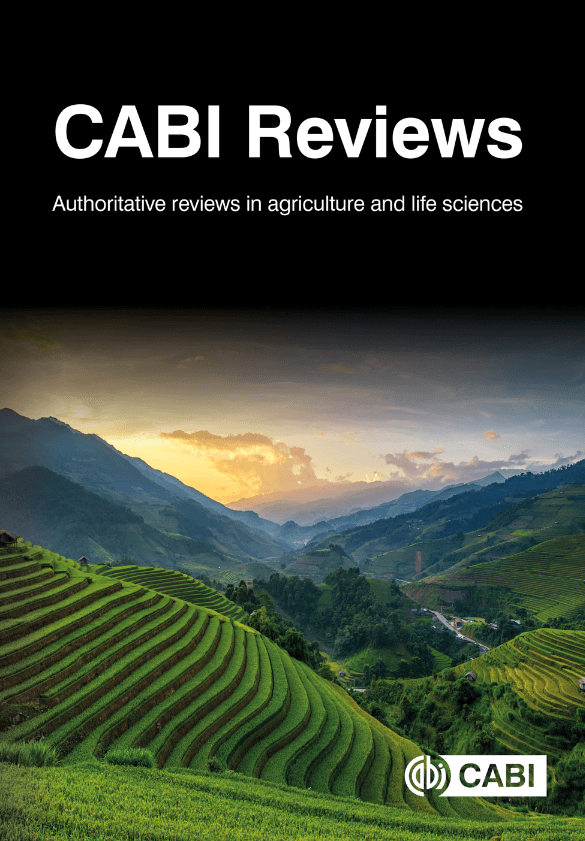DOI:
https://doi.org/10.1079/cabireviews.2025.0025Dimensões Contagem de citações:
Ano de publicação
2025
Autores
Cubas-Baez, A.; Sunderlin, W.; Larson, A.M.; Frechette, A.
Idioma
English
Palavras-chave
indigenous peoples, local communities, development policies, climate change mitigation, protected areas, customary rights, community management, safeguard
Geográfico
Brazil, Colombia, Guatemala, Peru, Indonesia, Guyana, Tanzania, Kenya


















